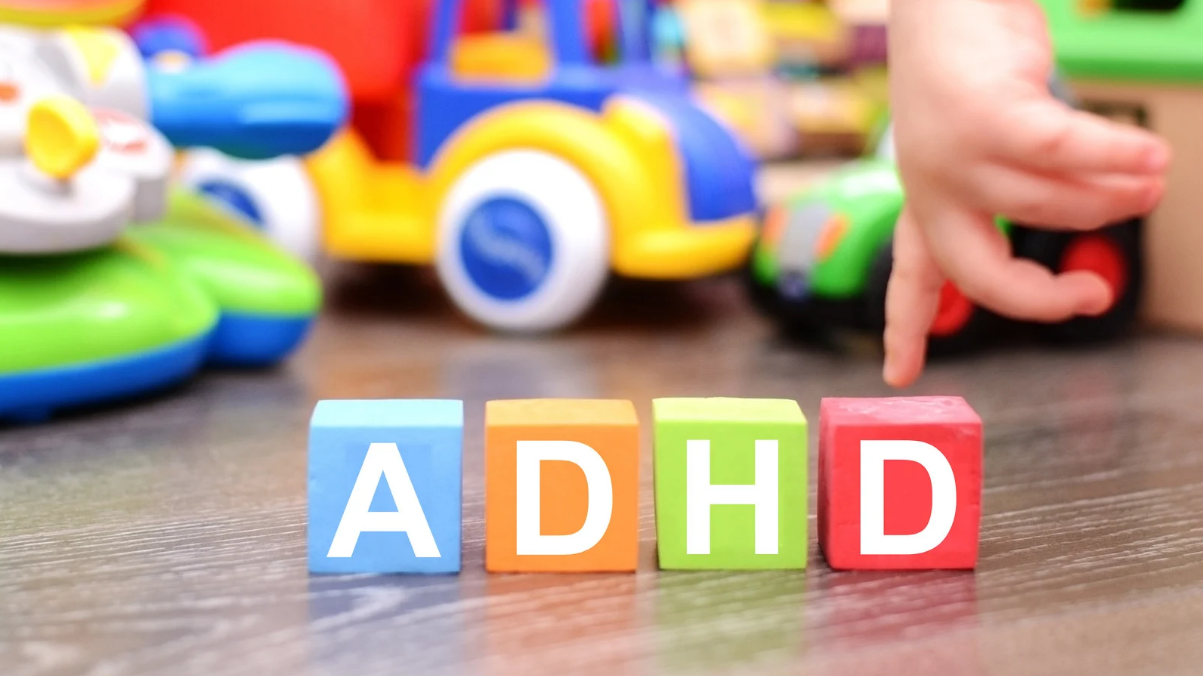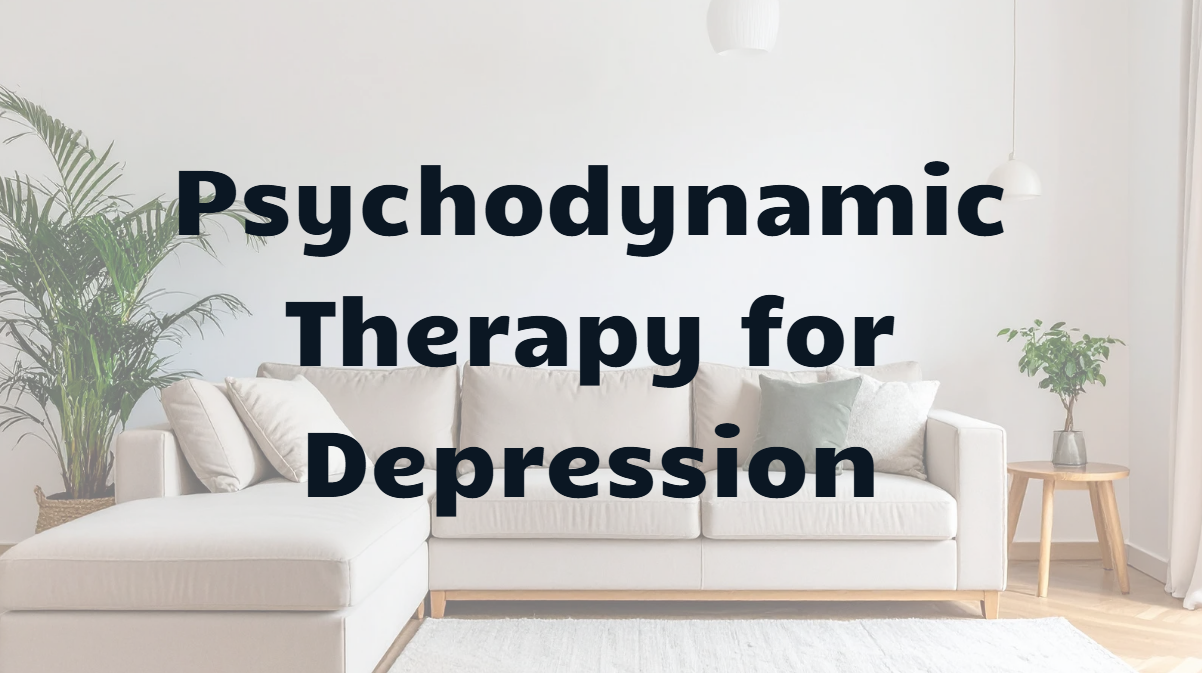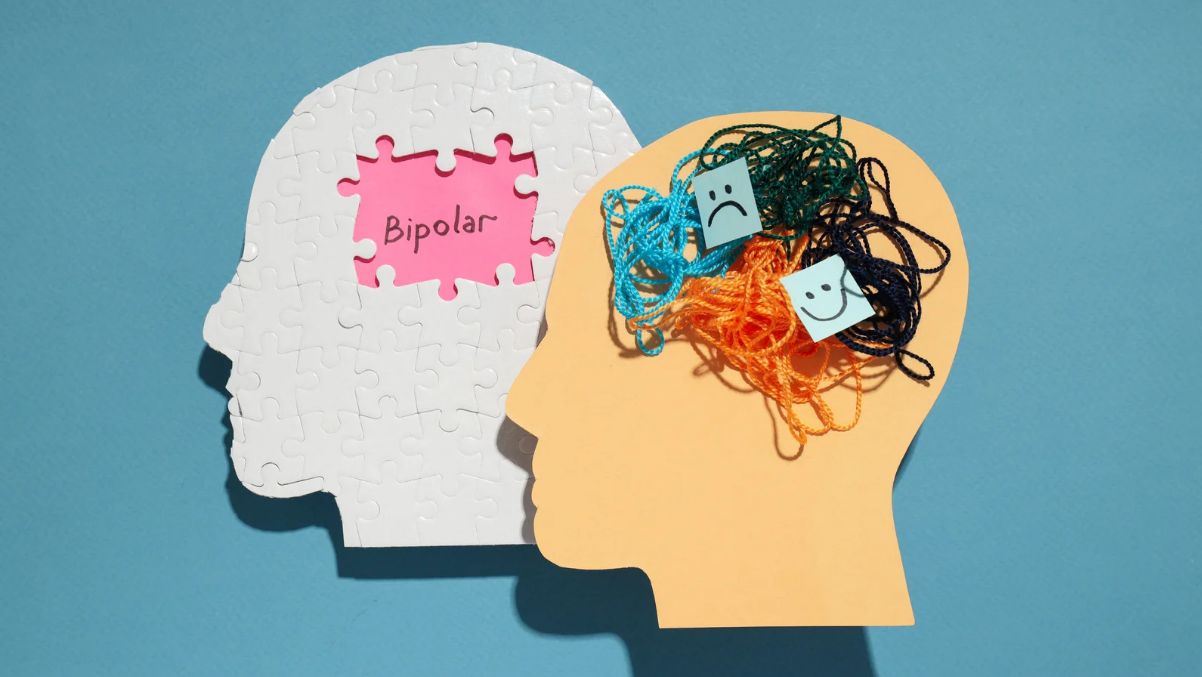ADHD isn’t about “bad parenting” or “lazy kids.” It’s a neurodevelopmental condition—a difference in brain wiring that affects attention, self-control, and energy regulation. Yet, despite decades of research, adhd in children is still widely misunderstood. Many parents feel judged or blamed when their child struggles at school, in friendships, or at home. Mental health professionals wish parents understood that ADHD is not a reflection of their parenting but a medical reality—and with the right guidance and support, children with ADHD can thrive.
Understanding adhd in children is the first step toward helping your child manage it effectively. This article shares what experts want parents to know, from symptoms and causes to evidence-based treatments and practical strategies. By the end, you’ll have a clear roadmap for supporting your child’s unique needs while fostering confidence, resilience, and success.
What ADHD Really Is—and What It Isn’t
ADHD, short for Attention-Deficit/Hyperactivity Disorder, is a neurodevelopmental disorder. It manifests in three primary ways:
- Inattentive type – difficulty sustaining attention, following instructions, or completing tasks.
- Hyperactive-impulsive type – excessive movement, fidgeting, interrupting, or acting without thinking.
- Combined type – a mixture of both inattentive and hyperactive-impulsive symptoms.
A common misconception is that ADHD is caused by poor parenting, laziness, or excessive sugar. In reality, ADHD is rooted in the brain’s executive functions—the systems responsible for planning, focus, impulse control, and emotional regulation. It’s not a sign of intelligence or character; many children with ADHD are creative, curious, and highly capable when given the right environment and support.
By separating myths from facts, parents can approach ADHD with understanding rather than judgment. Recognizing ADHD as a brain-based condition helps shift focus from blame to actionable strategies that truly support the child.
Signs of ADHD Parents Often Overlook

Most parents recognize hyperactivity or academic struggles as potential signs of ADHD, but subtle symptoms are often missed. Children may:
- Daydream or “space out” frequently, appearing uninterested or disengaged.
- Show intense emotions, such as sudden frustration or frequent meltdowns.
- Struggle to follow multi-step instructions, not out of defiance but because of working memory challenges.
- Constantly move or fidget, even in situations that require calm behavior.
Gender differences also affect diagnosis. Boys often display overt hyperactivity, making ADHD easier to detect, whereas girls may primarily struggle with inattentiveness, internalizing emotions, or quietly daydreaming. These differences contribute to underdiagnosis or late diagnosis in many girls, sometimes until adolescence or adulthood.
Parents who understand these subtler signs are better equipped to notice challenges early and seek appropriate support.
How ADHD Affects Daily Life Beyond School
ADHD doesn’t disappear once the school bell rings. It affects a child’s entire daily life:
- Friendships: Difficulty waiting turns, reading social cues, or managing emotions can make playdates and teamwork challenging.
- Emotional regulation: Quick frustration or heightened sensitivity can lead to frequent arguments with siblings or friends.
- Family routines: Tasks like bedtime, homework, and chores may take longer or cause conflict, leaving parents and children exhausted.
Children with ADHD expend enormous energy just trying to meet everyday expectations. What looks like misbehavior may actually be a child struggling to function within structures that don’t align with their brain’s natural rhythm. Understanding this “behind-the-scenes effort” is critical for fostering empathy and realistic expectations.
Why ADHD Is Not About Bad Parenting
One of the most important things mental health professionals wish parents understood is that ADHD is not caused by parenting style. Children with ADHD do not misbehave because they were spoiled or not disciplined enough. They don’t struggle because of excessive screen time or poor diet—though these factors can influence symptom severity.
ADHD arises primarily from genetics and brain chemistry. Family studies show strong hereditary links: children with a parent or sibling who has ADHD are significantly more likely to have it themselves. Recognizing this removes guilt and allows parents to focus on support rather than blame.
Parenting a child with ADHD requires patience, consistency, and understanding. Shifting from judgment to strategic support makes a dramatic difference in the child’s self-esteem and daily functioning.
What Causes ADHD in Children

ADHD is a complex condition influenced by multiple factors:
- Genetics: Research shows that ADHD is highly heritable. If a parent has ADHD, their child is at higher risk.
- Brain structure and function: Differences in dopamine pathways and delayed maturation of executive function areas affect attention, planning, and impulse control.
- Prenatal and perinatal factors: Maternal stress, exposure to toxins, premature birth, and low birth weight can increase ADHD risk.
- Environmental factors: Chronic stress, exposure to environmental toxins, or inconsistent caregiving may contribute to symptom expression, though they are not primary causes.
Understanding these causes helps parents reframe ADHD as a medical and neurological condition rather than a moral failing, making it easier to focus on evidence-based solutions.
Which Children Are at Risk for ADHD?
Some children are more likely to develop ADHD due to a combination of genetic and environmental factors:
- Family history: Children with parents or siblings with ADHD are at higher risk.
- Early developmental factors: Delayed milestones, low birth weight, or premature birth can increase susceptibility.
- Gender: Boys are diagnosed more frequently, though girls often go under-recognized.
- Co-occurring conditions: Learning disabilities, anxiety disorders, and mood disorders can appear alongside ADHD and complicate diagnosis.
Risk does not mean certainty. Early recognition and intervention significantly improve outcomes. Parents who are aware of risk factors can monitor development and advocate for timely evaluation and support.
The Science: What’s Happening in the Brain
ADHD is a condition of the brain’s executive function system, which governs attention, planning, self-control, and working memory. Key findings include:
- Executive function deficits: Difficulty with prioritizing tasks, organizing time, and inhibiting impulses.
- Delayed cortical maturation: Brain areas controlling attention and regulation develop more slowly, explaining why some children seem younger in behavior than their chronological age.
- Neurotransmitter differences: Lower dopamine and norepinephrine activity in key brain regions affects motivation and reward processing.
These biological realities explain why children with ADHD often struggle to meet conventional expectations. Framing their challenges as neurological rather than personal shortcomings is empowering for parents and children alike.
Getting an Accurate Diagnosis

Early and accurate diagnosis is critical. Parents should seek evaluation if they notice:
- Persistent inattention, hyperactivity, or impulsivity beyond what is typical for age.
- Difficulty completing tasks or following instructions across multiple settings (home, school, social situations).
- Behavioral struggles that interfere with learning or relationships.
Who can diagnose ADHD?
- Pediatricians often conduct initial screenings.
- Child psychiatrists or psychologists provide comprehensive evaluations.
- Evaluations include structured interviews, behavior rating scales, and input from teachers or caregivers.
Misdiagnoses are common. ADHD symptoms can overlap with anxiety, depression, trauma, or learning disabilities. A thorough, multidisciplinary assessment ensures accurate diagnosis and appropriate treatment.
Treatment Isn’t Just About Medication
While medications like stimulants are often effective in reducing core ADHD symptoms, treatment is rarely limited to pills. Professionals advocate for a multimodal approach:
- Behavioral therapy: Helps children develop coping strategies, manage emotions, and improve organizational skills. Parent training teaches families to use positive reinforcement effectively.
- Lifestyle interventions:
- Sleep: consistent routines support attention and self-regulation.
- Exercise: physical activity improves focus, mood, and impulse control.
- Nutrition: balanced diets can reduce symptom fluctuations.
A combination of strategies tailored to the child’s strengths and challenges yields the best outcomes. Treatment should be individualized, flexible, and monitored regularly.
How Parents Can Support Their Child at Home

Parents are the cornerstone of support. Practical strategies include:
- Structured routines: Predictable schedules reduce anxiety and improve focus.
- Visual aids and reminders: Calendars, charts, and checklists help children stay organized.
- Task breakdown: Large assignments or chores are easier when divided into small, manageable steps.
- Positive reinforcement: Encouragement and rewards for effort foster motivation and confidence.
- Strength-focused approach: Nurture hobbies and talents to build self-esteem and resilience.
Consistency, empathy, and patience are key. A child with ADHD thrives when their environment accommodates their brain’s unique needs.
Moving Forward with Hope
ADHD is a different path, not a barrier. Children with ADHD are not broken—they simply process the world differently. With understanding, structure, and appropriate interventions, these children can succeed academically, socially, and emotionally. Mental health professionals emphasize that early recognition, consistent support, and a strengths-based approach make all the difference, helping parents turn challenges into opportunities for growth. Every small victory—completing a task, managing emotions, or staying focused during class—is a step toward confidence and resilience.
At Stay Healthy! LLC, we specialize in supporting children with ADHD and guiding families through practical, evidence-based strategies. Our experienced team understands the unique challenges each child faces and tailors programs to strengthen focus, emotional regulation, and organizational skills. Parents can rely on us to provide compassionate, individualized support while fostering independence and confidence. By combining professional expertise with hands-on guidance, we help children with ADHD not just manage their symptoms—but thrive. Reach out to Stay Healthy! LLC today to start empowering your child’s journey.











